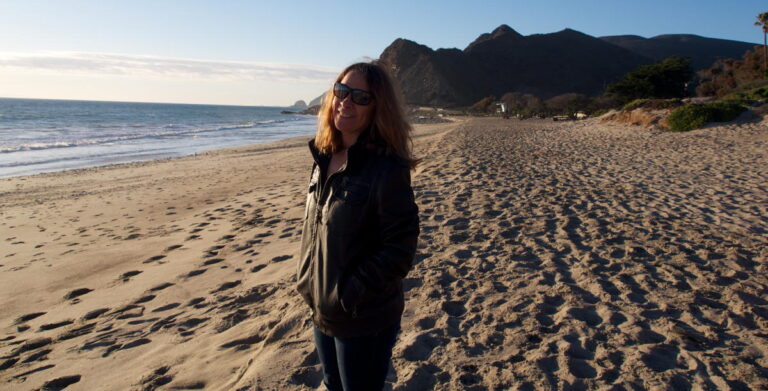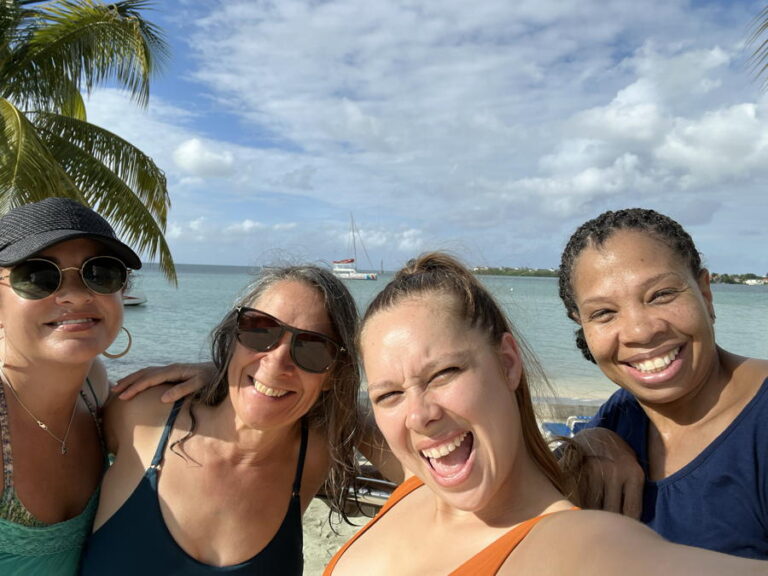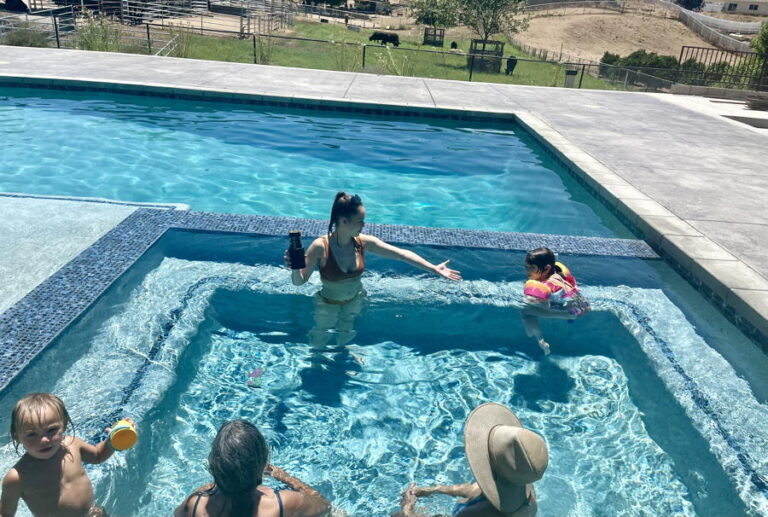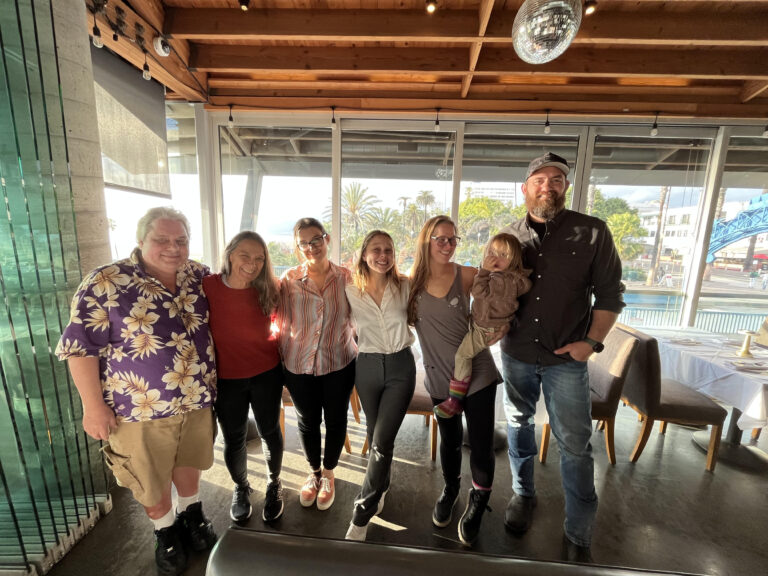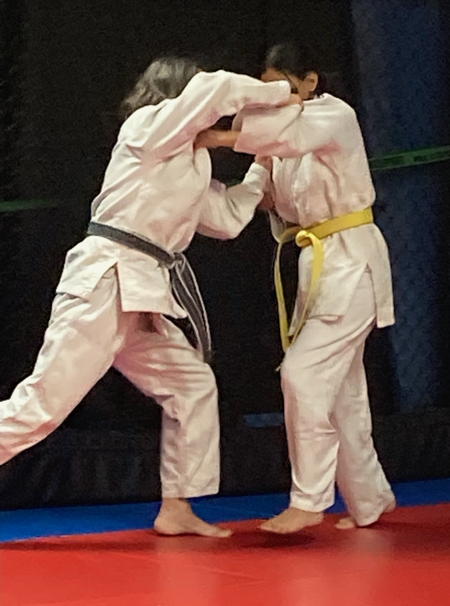They say that life can only be understood backwards but it has to be lived forwards.
Who are they? I don’t know but I think they are on to something. Now that I have started saying, “No” to opportunities, I realize that major changes in my life have occurred because I said, “No,” when everyone assumed I would say “Yes”.
I said “No” to the Olympics
I had won the world championships and then I retired. I wanted to be best in the world and I was.
In 1980, the U.S. and its allies boycotted the Olympics. In 1984, Russia and its allies boycotted. In 1988, women’s judo was in the Olympics but as a demonstration sport, so only the top eight in the world competed – no chance for any upset victories. This is not meant as any disrespect to anyone who medalled in any of those Olympics, hey, you beat everyone who showed up, which is all anyone can do. Still, for me, I knew I would have always wondered, “What if all of the countries had come? Would I have still won?”
You’ll never convince me that you don’t resent not getting to go to the Olympics.
– A grumpy old coach
This conversation amused me because, first of all, I seldom feel the need to convince anyone of anything and, secondly, he was 100% wrong. I have never regretted not going to the Olympics for half of a second. During the four years I did not train for Seoul, I had two more children, earned a second masters degree, finished most of the courses for my Ph.D. and did the research for three articles published in academic journals that led to a job as an Assistant Professor.
When I was young, I knew what I wanted, and then I lost my way
Maybe this is common to a lot of people. I had assumed that the older we get the more we know what we really want and what direction we should take, but it has not been that way with me. When I was younger, I knew a few things :
- I wanted to beat everyone who stood in front of me.
- I hated opening ceremonies, closing ceremonies and all that pomp and circumstance.
- I didn’t care about traveling to tournaments. If the world championships had been held in my backyard, it would have been fine with me.
- As long as I knew that I had won, it didn’t matter to me if anyone else knew it.
- Anyone who thought winning an Olympic medal in judo would bring them fame and fortune was so far detached from reality they probably shouldn’t be allowed out with the normal people.
As Ronda said, “Winning an Olympic medal doesn’t change your life, it changes your month.”

In 1988, Lynn Roethke and Margie Castro won silver and bronze medal, respectively. I can’t pretend I remember exactly. I think there was an article in USA Today and someone at the university mentioned it to me while I was working in the computer lab and asked, “Judo? Didn’t you used to do that?”
I said something profound like, “Yep.” and went on working.
For the little time that I thought about it, I was happy for Margie and Lynn. They were nice people who worked hard. Then, I never thought about it again. In fact, I had to look up just now who it was who actually won medals that year.
I learned two things, very young
One thing I learned that I have managed to always remember is to never be envious of other people’s success. When I hear that someone has won a medal , gotten a promotion, raised a seed round, I almost always think to myself, “Good for them. I hope they are happy.”
You know what they say, “Feeling envy is like drinking poison and hoping someone else dies.”
The second thing I learned, from not going to the Olympics, is that when you say, “No” to some things, it allows you the freedom to say, “Yes,” to others.
